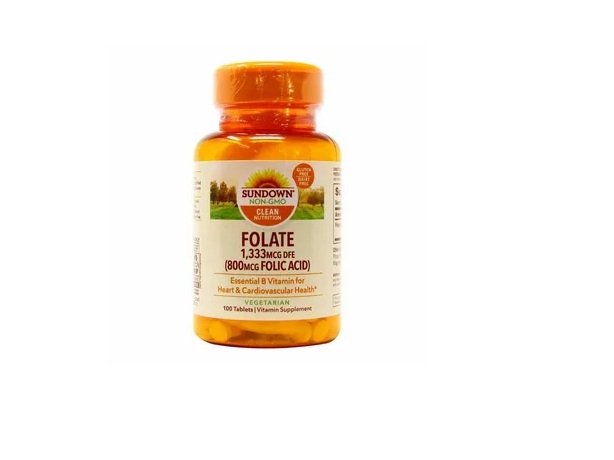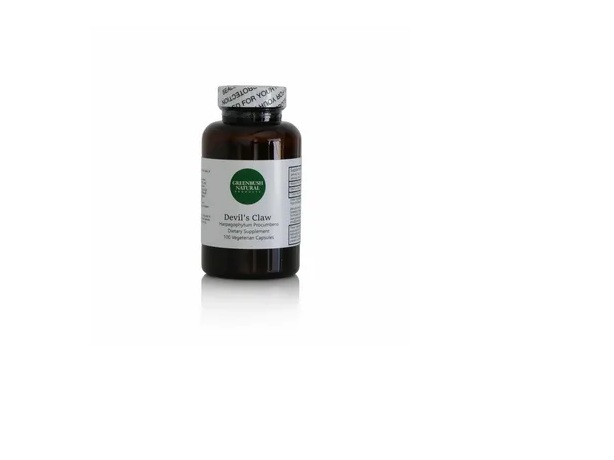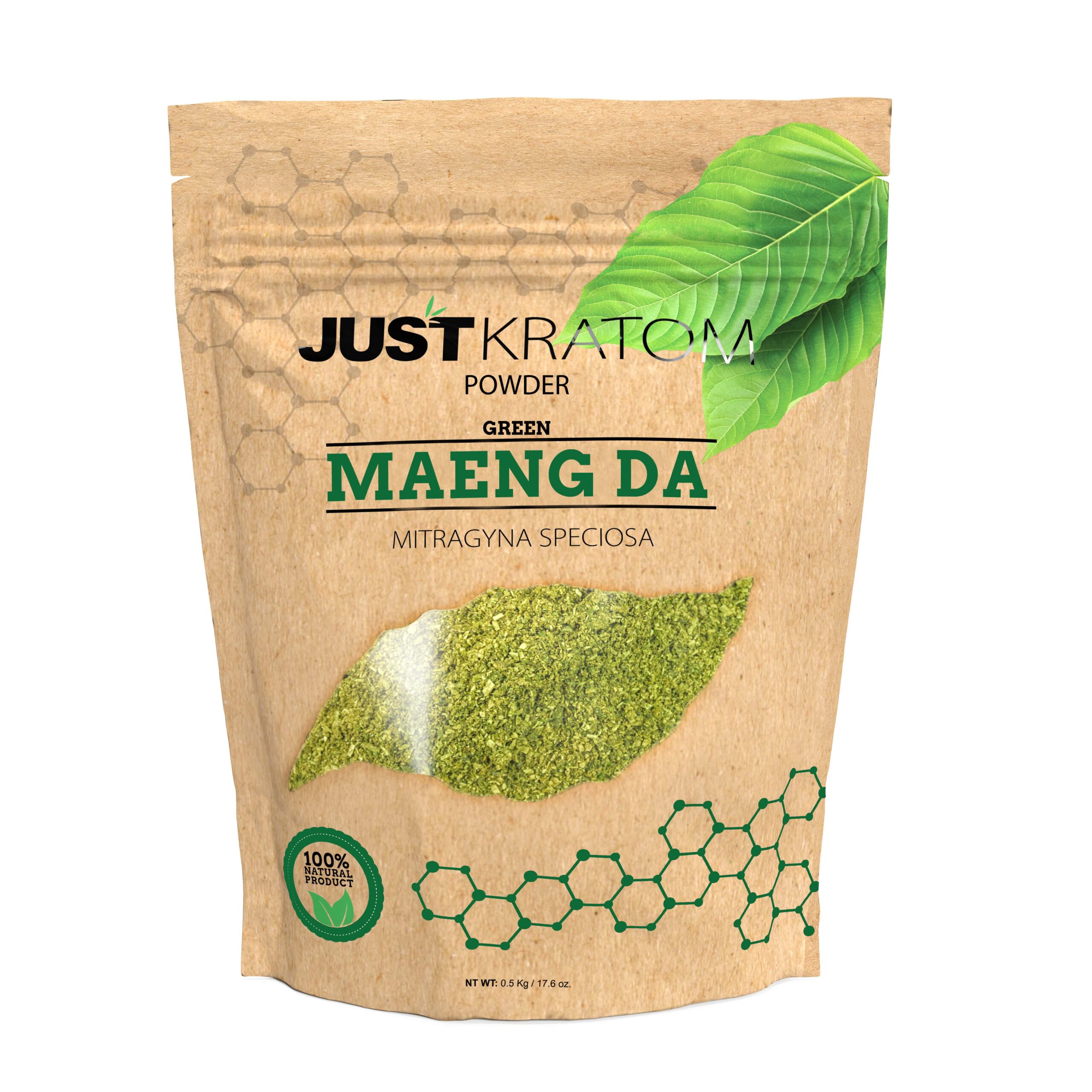
Benefits of Folate (Folic Acid) Supplements
Crafting a comprehensive guide within this format can be challenging, but I’ll provide an in-depth overview covering the benefits of folate (folic acid) supplements, including their potential health benefits, mechanisms of action, scientific evidence, safety considerations, and practical advice on usage.
Introduction to Folate (Folic Acid) Supplements
Folate, also known as vitamin B9, is a water-soluble vitamin that is essential for various bodily functions, including DNA synthesis, cell division, and red blood cell formation. Folate is naturally found in foods such as leafy green vegetables, legumes, citrus fruits, and fortified grains. Folic acid is the synthetic form of folate found in most dietary supplements and fortified foods. Folate supplements are commonly used to prevent neural tube defects in pregnancy, support overall health, and reduce the risk of certain chronic diseases.
Pregnancy and Neural Tube Defect Prevention
One of the most well-known benefits of folate supplements is their role in preventing neural tube defects (NTDs) in pregnancy. NTDs are birth defects that occur when the neural tube, which develops into the brain and spinal cord, fails to close properly during early pregnancy. Adequate folate intake before and during pregnancy is crucial for reducing the risk of NTDs, such as spina bifida and anencephaly. Women of childbearing age are advised to take a daily folate supplement (usually in the form of folic acid) to ensure adequate folate levels before conception and during early pregnancy.
Red Blood Cell Formation and Anemia Prevention
Folate plays a vital role in red blood cell formation and the production of hemoglobin, the protein responsible for carrying oxygen in the blood. A deficiency in folate can lead to a type of anemia called megaloblastic anemia, characterized by large, immature red blood cells that are unable to carry oxygen efficiently. Folate supplements are often used to treat and prevent megaloblastic anemia by replenishing folate levels and supporting red blood cell production.
Cardiovascular Health Benefits
Folate supplements may also offer cardiovascular health benefits by reducing levels of homocysteine, an amino acid that is associated with an increased risk of heart disease and stroke when elevated. Folate plays a crucial role in converting homocysteine into other amino acids, thereby helping to lower its levels in the blood. By reducing homocysteine levels, folate supplements may help protect against cardiovascular disease and promote overall heart health.
Mental Health and Cognitive Function
Folate is involved in the synthesis of neurotransmitters such as serotonin, dopamine, and norepinephrine, which play key roles in mood regulation and cognitive function. Adequate folate intake may help support mental health and cognitive function, and folate supplements have been studied for their potential role in preventing depression, anxiety, and age-related cognitive decline. While more research is needed in this area, some studies suggest that folate supplementation may have beneficial effects on mood and cognitive performance.
Cancer Prevention
Some research suggests that folate supplements may help reduce the risk of certain cancers, including colorectal cancer and breast cancer. Folate is involved in DNA synthesis and repair, and adequate folate intake may help prevent errors in DNA replication that can lead to cancer development. However, the relationship between folate intake and cancer risk is complex, and more research is needed to fully understand the role of folate supplements in cancer prevention.
Safety Considerations
Folate supplements are generally considered safe for most people when taken orally in recommended doses. However, high doses of folate (exceeding the tolerable upper intake level of 1000 micrograms per day for adults) may cause side effects such as nausea, bloating, and insomnia. Long-term supplementation with high doses of folate may also mask vitamin B12 deficiency, which can lead to neurological damage if left untreated. It’s essential to choose folate supplements from reputable brands and follow the recommended dosage instructions.
Practical Advice and Usage
Folate supplements are available in various forms, including tablets, capsules, and liquid formulations. It’s essential to choose a form that is convenient and easy for you to take regularly. When selecting folate supplements, opt for products that contain folic acid or methylfolate, the active form of folate that is more readily absorbed by the body. Pregnant women and women of childbearing age should consult with a healthcare professional before starting folate supplementation to determine the appropriate dosage and ensure optimal prenatal care.
Conclusion
Folate supplements offer a range of potential health benefits, including neural tube defect prevention in pregnancy, support for red blood cell formation and cardiovascular health, and potential benefits for mental health, cognitive function, and cancer prevention. While scientific evidence supporting their efficacy is robust for certain indications, such as NTD prevention, more research is needed to fully understand the role of folate supplements in other areas of health. It’s essential to use folate supplements as part of a balanced diet and healthy lifestyle, and to consult with a healthcare professional before starting supplementation, especially during pregnancy or if you have underlying health conditions. With proper usage and guidance, folate supplements can be a valuable tool for promoting overall health and well-being.
Barbara is a freelance writer and a sex and relationships adviser at Dimepiece LA and Peaches and Screams. Barbara is involved in various educational initiatives aimed at making sex advice more accessible to everyone and breaking stigmas around sex across various cultural communities. In her spare time, Barbara enjoys trawling through vintage markets in Brick Lane, exploring new places, painting and reading.
[email protected]
- Benefits of Collagen Supplements - March 30, 2024
- Benefits of Chlorophyll Supplements - March 30, 2024
- Benefits of Folate (Folic Acid) Supplements - March 22, 2024


